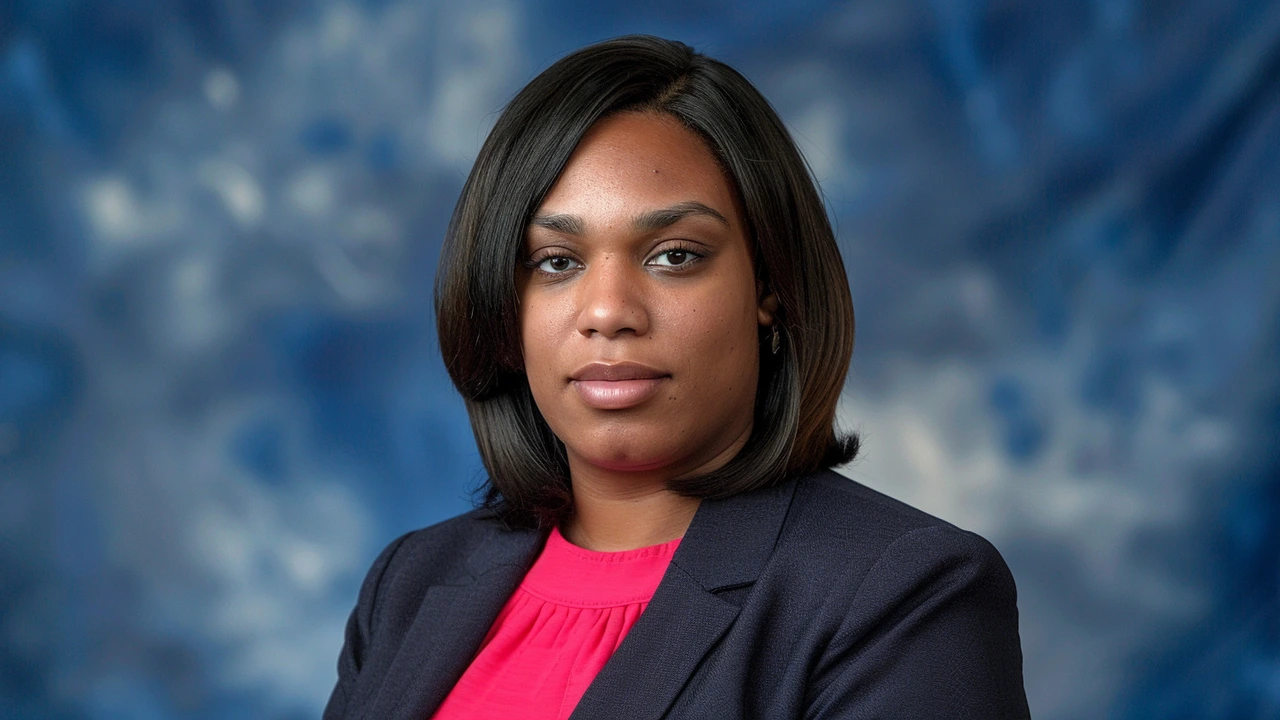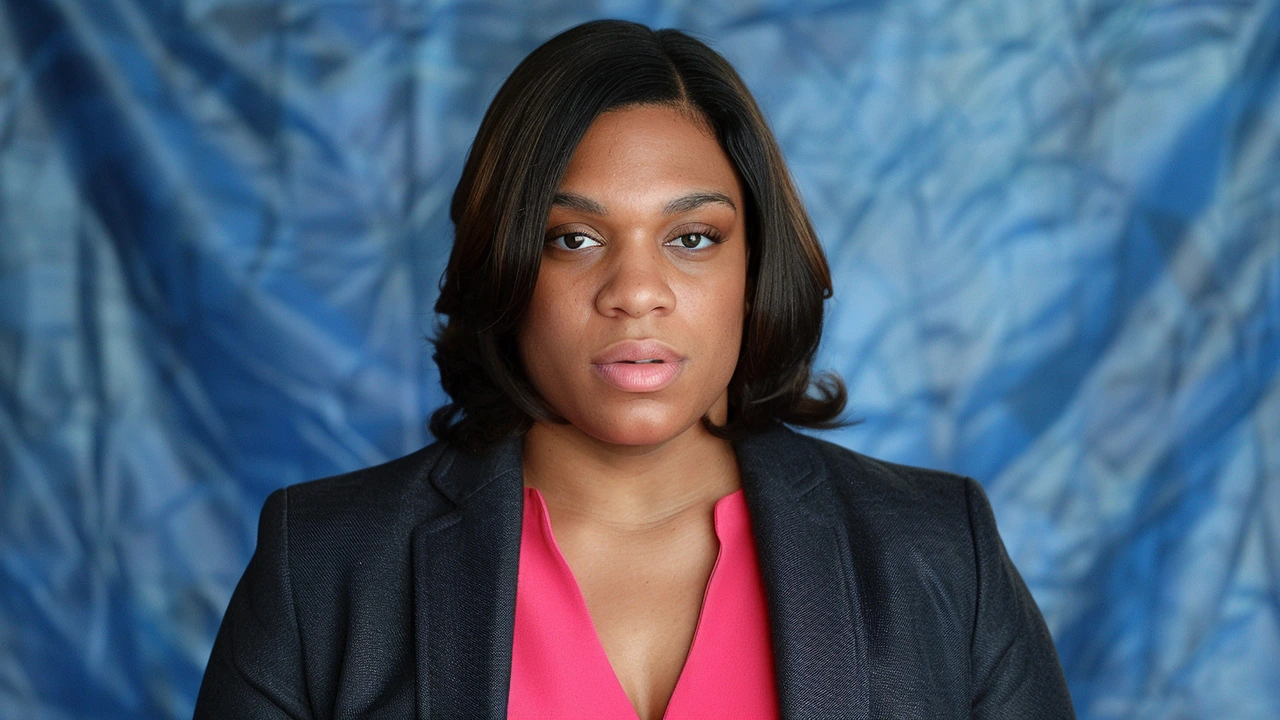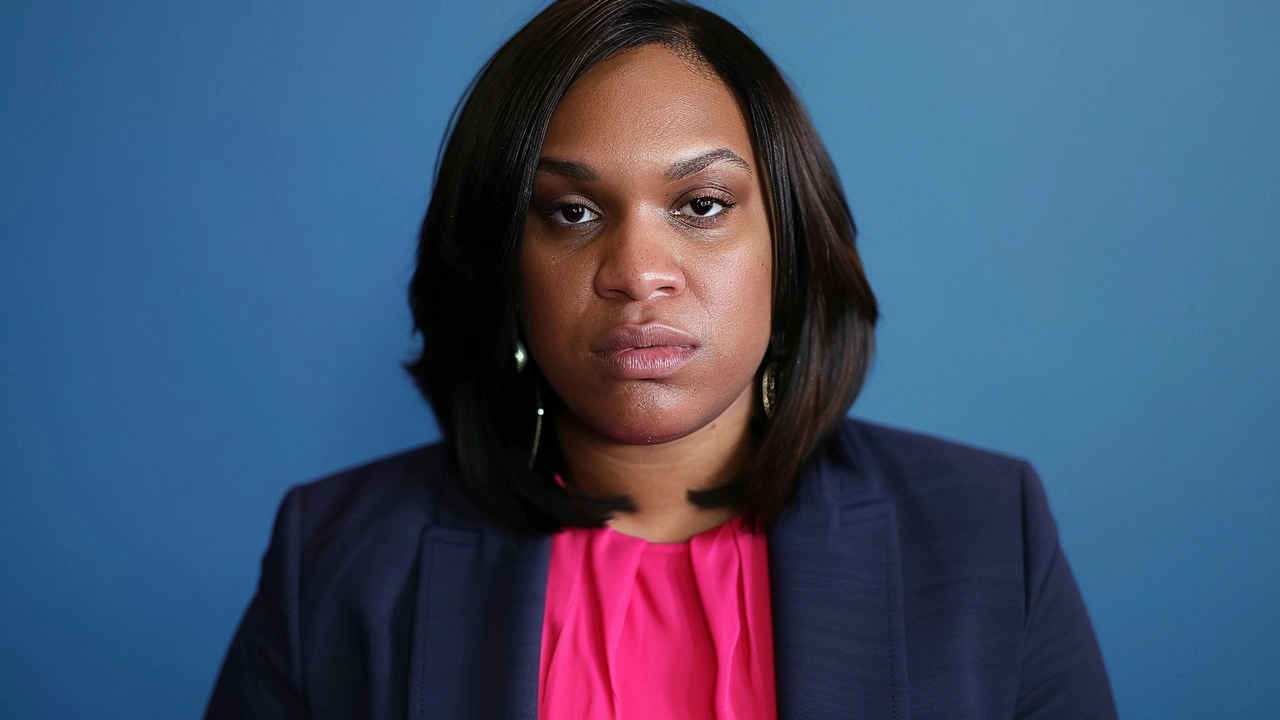Marilyn Mosby's Rise to Prominence
Marilyn Mosby's career took off with a bang in 2015, catapulting her into the national spotlight in a way few could foresee. As the youngest chief prosecutor of a major U.S. city, her determination to effect change was evident when she announced charges against six Baltimore police officers involved in the death of Freddie Gray. Gray, a 25-year-old African American man, died from a severe spinal cord injury sustained while in police custody. His death sparked nationwide protests and a wave of calls for police reform. Mosby's move was unprecedented and bold, sending ripples not just through Baltimore but across the country.
The Explosive 2015 Decision
Mosby's decision to prosecute the officers was met with fierce resistance from various quarters, including law enforcement agencies and some political figures. Her actions struck a deep chord with the Gray family and their legal team, viewed as a beacon of hope in a justice system that many felt was tilted against people of color. This moment marked Mosby as a key figure in the police reform movement, garnering both admiration and criticism. The legal battles that ensued were emblematic of the broader struggles within America's justice system. While Mosby aimed to hold those in power accountable, her opponents argued that the charges were politically motivated and lacked sufficient evidence.

A Tumultuous Career Path
Despite the initial surge of support, Mosby's journey was far from smooth. The trials of the six officers ended without any convictions, leading to a mix of disillusionment and continued calls for systemic change. Yet, Mosby remained undeterred, continuing her advocacy for criminal justice reforms. However, her career faced a significant setback when she herself became entangled in legal troubles. In a dramatic twist, Mosby was indicted on federal charges of perjury related to COVID-19 hardship withdrawals from her retirement account and false statements on a mortgage application for a vacation home.
A Fall from Grace
The federal trials that followed were a media spectacle, placing Mosby once again at the center of public attention but this time for less flattering reasons. The charges against her resulted in guilty verdicts, dealing a severe blow to her reputation and career. The pressure and scrutiny were immense, not just because of her former position but also due to the high-profile nature of her previous endeavors in police reform. Despite facing the possibility of up to 40 years in prison, Mosby was sentenced to 12 months of home detention, three years of supervised release, and 100 hours of community service.

Calls for Presidential Pardon
In the aftermath of her sentencing, Mosby has maintained her innocence, asserting that she was unfairly targeted. Her bid for a presidential pardon is backed by the Congressional Black Caucus, highlighting the complex interplay of race, justice, and politics in her case. Mosby's situation has drawn attention to the broader issues within the U.S. legal system, emphasizing how public figures who challenge the status quo often face significant personal risks. Her case underscores the sacrifices required in the fight for meaningful change and justice.
The Legacy of a Trailblazer
Despite her legal troubles, Marilyn Mosby's legacy in the realm of police reform remains significant. She took bold steps that few in her position would dare, shining a light on police misconduct and the need for systemic reforms. While her story is marked by both triumphs and tribulations, her contributions to the justice system, particularly in advocating for police accountability, have left an indelible mark. As she continues to navigate her personal legal battles, Mosby's journey serves as a potent reminder of the challenges inherent in championing change within entrenched systems.

The Road Ahead
Looking forward, the trajectory of Mosby's future remains uncertain. Her fight for a presidential pardon is ongoing, and her involvement in the justice system is far from over. The complexities of her case may continue to spark debate and reflection on the nature of justice and reform in America. Nonetheless, her story is a testament to resilience and the enduring struggle for a fair and equitable society.

